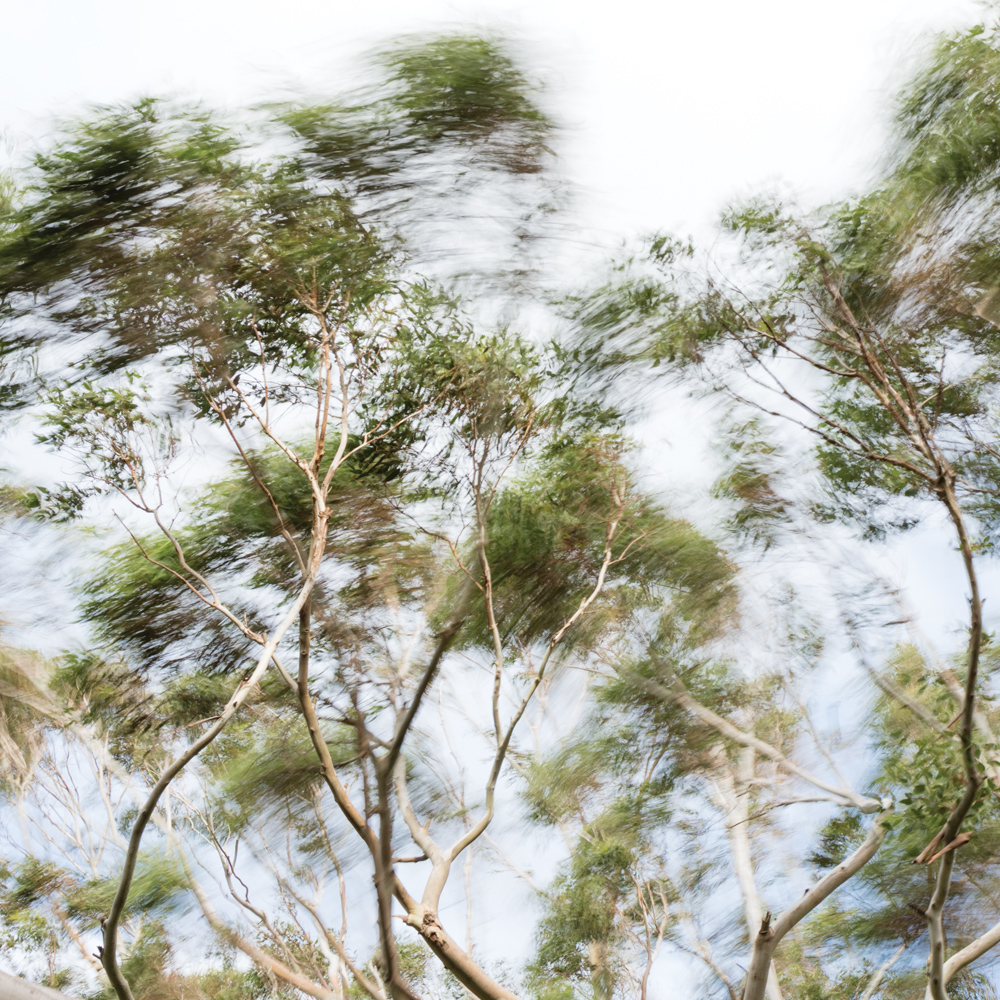sith·err·iz·um | /ˈsɪθjʊəˌɹɪzəm/

Psithurism is the sound of the wind moving through trees. For many, psithurism is particularly associated with autumnal winds soughing through brittling leaves. In famously windy Wellington, it’s a familiar sound year round. Whilst walking in the Town Belt, the wind will often rapidly rise from a gentle sussurous into an alarming wave of white noise as the Roaring Forties* bluster up the hillside. Overhead, the canopy will thrash as if shaken by an angry giant, whilst at ground level, it will remain strangely calm, sheltered from the thumping gusts that regularly exceed 100km/h.
Psithurism comes from the Ancient Greek psithurisma or psithurismós, meaning whispering/slanderous. However, during the 1800s, a game of Chinese whispers seems to have been played on its journey into English, shifting its meaning specifically to the sound of the wind blowing through trees. The Victorian poet and novelist Mortimer Collins is credited with its adaptation and adoption into English, using it in at least four (poorly received) novels published in the 1870s. However, before Collins, a number of English authors had used psithurisma, with the final ‘a’ of the original Greek still in tact. This form, which to my ear at least has a more onomatopoeic quality, is credited to the poet Theocritus who used it in reference to the wind whipping through the pines of his native Sicily.
* Roaring Forties: the name meteorologists use for the strong westerly winds found between latitudes of 40°S and 50°S .
Introduction Aeolian Alpenglow
Benthos Crepuscular Crispate Crown shyness
Desire lines Dreich Endragoned Edgelands
Frondescence Fumarole Gluggaveður Gossamer
Karst Komorebi Lawrence Long acre
Machair Monkey’s wedding Moonglade
Psithurism Quartz Rakuyou Roaring forties
Snag Soft estate Specular, diffuse and pellucid
Spoondrift Steam fog Swash zone Sylvan